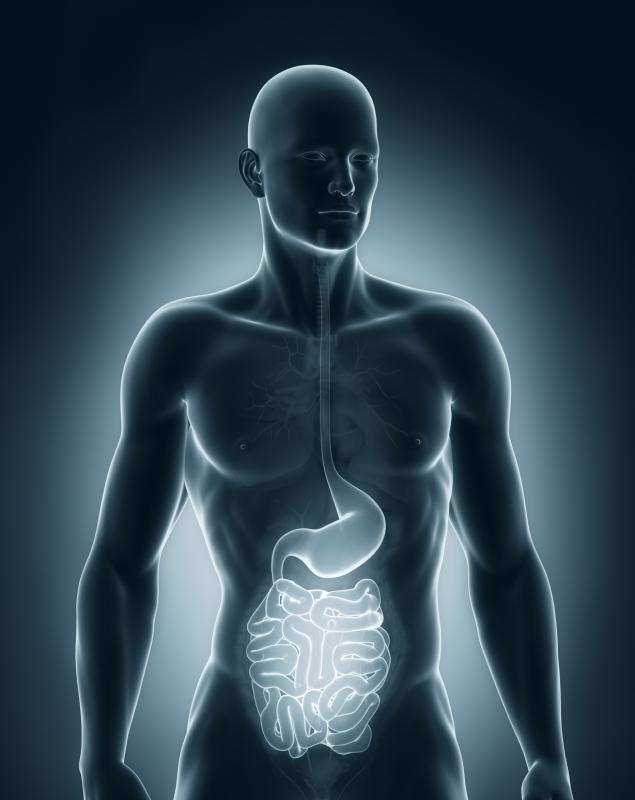
A number of patients with coronavirus disease 2019 (COVID-19) present with diarrhoea, and this group may suffer discomfort longer and show persistent positive SARS-CoV-2 in stool specimens as compared with patients who do not have the symptom, as shown in a study.
The analysis included 84 patients (median age, 37 years; 33 percent male) with SARS-CoV-2 pneumonia who had been treated in Wuhan Union Hospital in China from 19 January through 7 February 2020. Infection was confirmed by real-time reverse-transcriptase polymerase chain reaction (PCR) of nasal and pharyngeal swab specimens for SARS-CoV-2 RNA.
Twenty-six patients (31 percent) had diarrhoea. They were more likely to also present with headache (58 percent vs 22 percent; p=0.003), myalgia or fatigue (65 percent vs 34 percent; p=0.010), cough (85 percent vs 45 percent; p<0.001), sputum production (54 percent vs 21 percent; p=0.004), nausea (38 percent vs 10 percent; p=0.005), and vomiting (19 percent vs 2 percent; p=0.010) compared with those who did not have diarrhoea.
Furthermore, the presence of diarrhoea was associated with significantly longer duration of fever and dyspnoea (p<0.05) and a higher likelihood of stool samples testing positive for virus RNA (69 percent vs 17 percent; p<0.001).
On 19 February, significantly fewer patients in the diarrhoea group achieved a negative result from the latest throat swab for SARS-CoV-2 (77 percent vs 97 percent; p=0.010) during hospitalization.
Among the 76 patients whose latest throat swab test returned a negative result during hospitalization, a significantly higher proportion of those with vs without diarrhoea had a positive result from the retest for SARS-CoV-2 in stool samples (45 percent 20 percent; p=0.039).